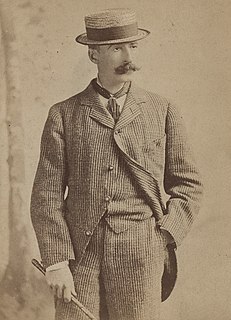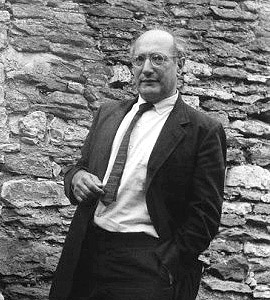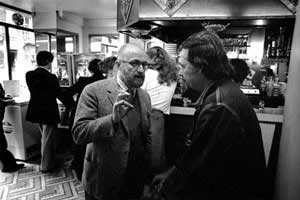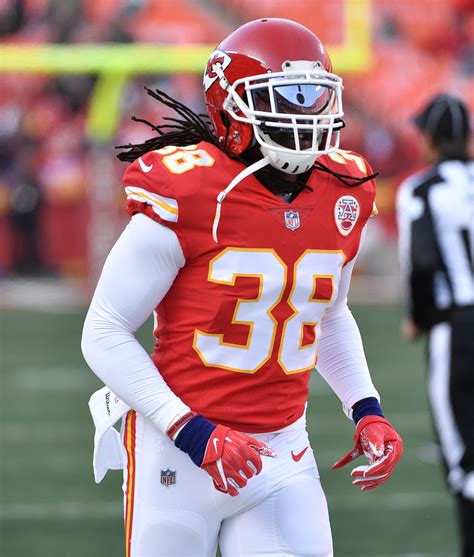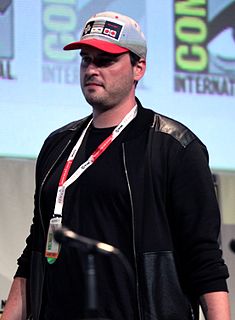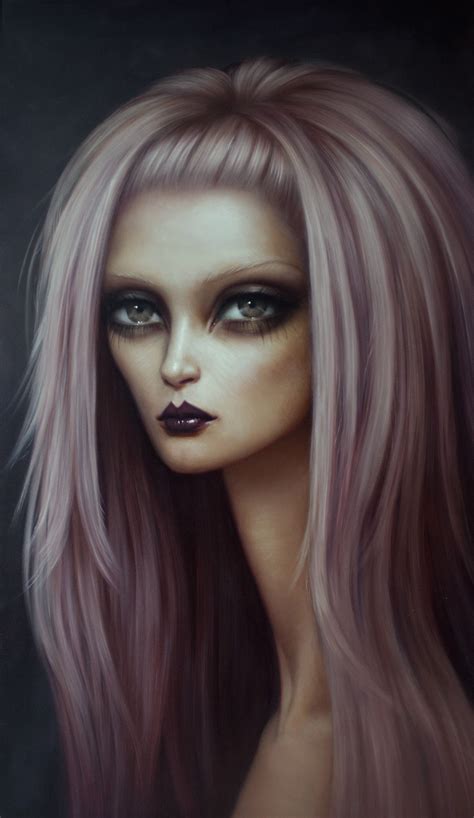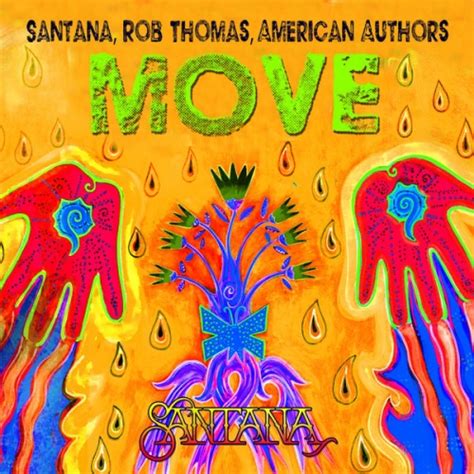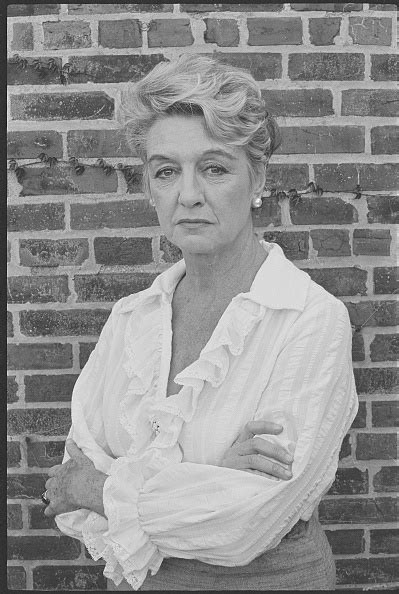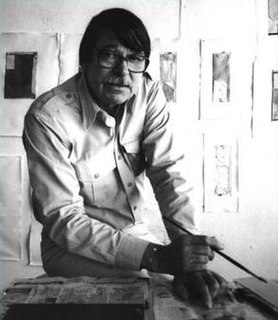A Quote by Winslow Homer
Do not think that I have stopped painting, for at any moment, I am liable to paint a good picture.
Related Quotes
Photography has almost no reality; it is almost a hundred per cent picture. And painting always has reality: you can touch the paint; it has presence; but it always yields a picture - no matter whether good or bad. That's all the theory. It's no good. I once took some small photographs and then smeared them with paint. That partly resolved the problem, and it's really good - better than anything I could ever say on the subject.
The reason for my painting large canvases is that I want to be intimate and human. To paint a small picture is to place yourself outside your experience, to look upon an experience as a stereopticon view or with a reducing glass. However you paint the larger picture, you are in it. It isn't something you command.
I like painting because it's something I never come to the end of. Sometimes I paint a picture, then I paint it all out. Sometimes I'm working on fifteen or twenty pictures at the same time. I do that because I want to - because I like to change my mind so often. The thing to do is always to keep starting to paint, never finishing painting.
Painting has always been a means of self-expression for me. Therefore, I paint because I have to and need to, not necessarily because I want to. Subconsciously or not, the figures I paint are a reflection of myself and whatever mood I am in at the time, so every painting is in essence a self-portrait.
Painting allows me to use other portions of my brain pleasurably. Irony plays no part in what or how I paint. I paint the particular subject matter not to make polemical points but because I am interested in the human imprint on the landscape. I paint the landscape of my time and place with the stuff in it.
